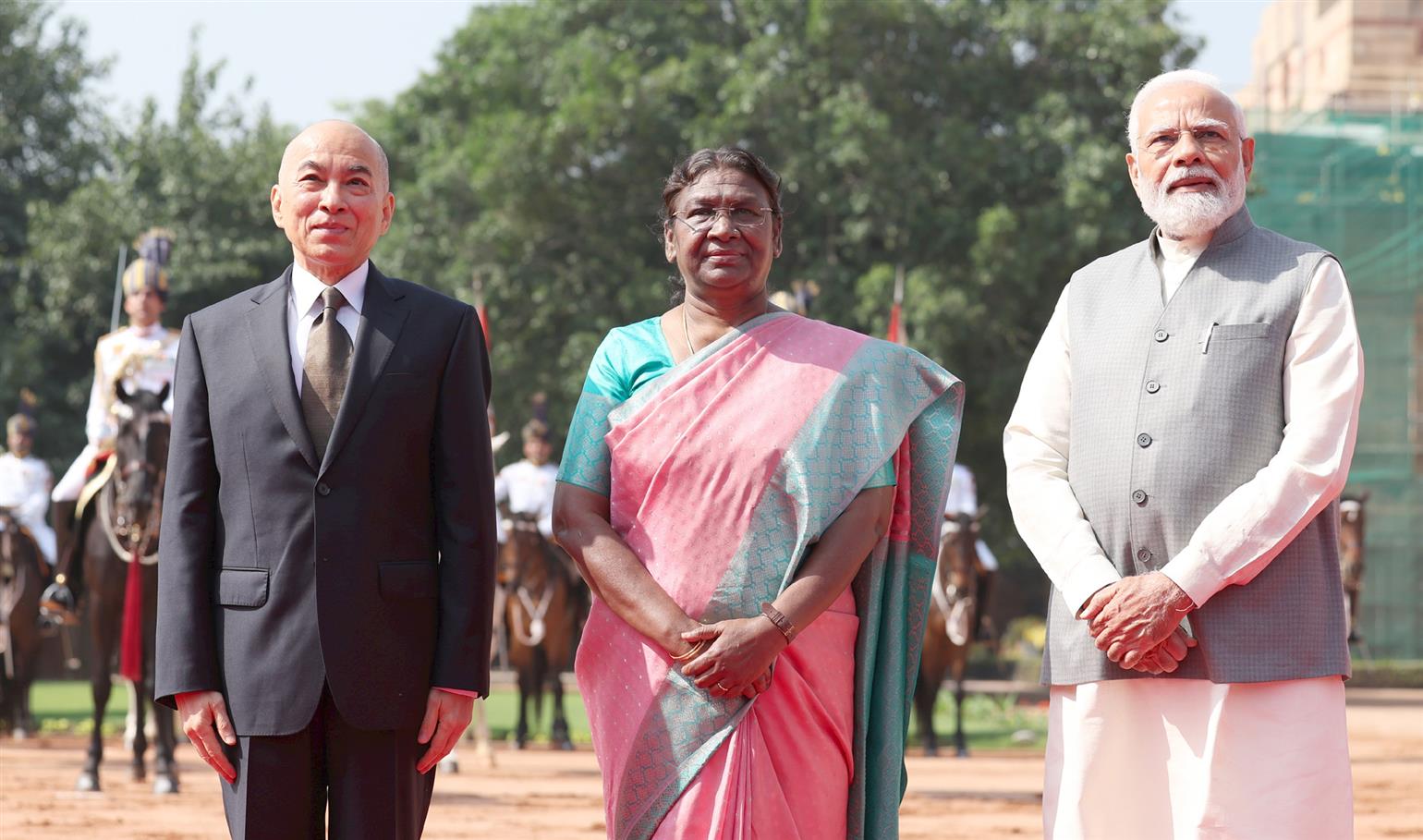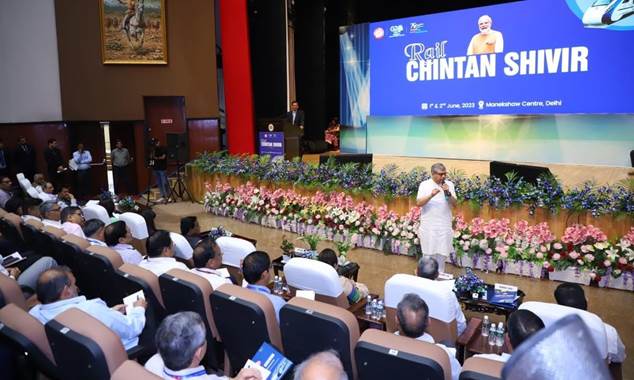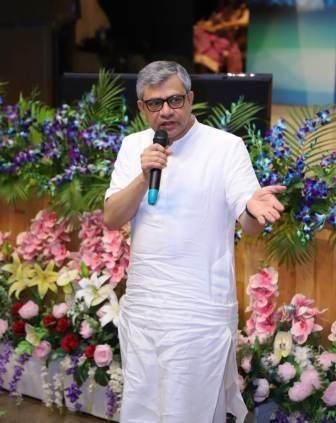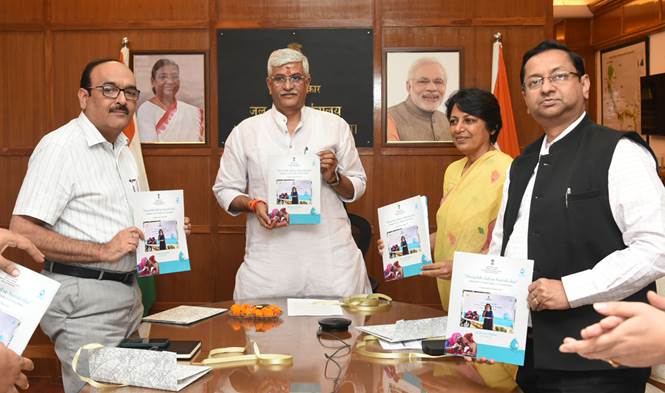By — Shyamal Sinha
Time has come for all of us to understand the nuances of data protection. The government of India is working on 3 major bills namely the Digital India Act which will supersede IT Act 2000 as amended in 2008, The Personal Data Protection bill which is long due will now be tabled in the monsoon session of the parliament and the Telecom bill which will supersede the Telegraph Act, 1885. As a nation we should start thinking about the importance of data which is also called the new oil or a treasure but it is only after you open the box that you realize the true worth, said Lt General (Dr) Rajesh Pant, National Cyber Security Coordinator, Government of Indiaat the Global Privacy & Data-Protection Leadership Meet 2023 organised by ASSOCHAM.
“According to Gartner, 75% of the global population will have its personal data covered under privacy regulation by 2024. The five top trends in privacy are data localisation, privacy enhancing computation techniques, AI Governance, from remote to Hybrid and centralized privacy user experience. Some of the key challenges being faced are increased use of AI, globalisation of economy, increasing incidence of cyber-attacks and growing public awareness on privacy issues and the industry has to be more transparent on how they collect and use customer data, give customers more control over their personal data, protect customers personal data from unauthorised access and comply with applicable laws and regulations” he added.
Earlier, welcoming the delegates,Dr. Lovneesh Chanana, Sr. VP & Regional Head of Government Affairs for Asia Pacific & Japan, SAP said, “The why part of data privacy has been debated for some time now, we have seen some of the biggest initiatives in the use of digital for improving lives like UPI, ONDC and GEM which other nations are looking to replicate. The geopolitical developments, changing landscape and technology development for data and the need for building user trust has necessitated some regulatory and legislative control to protect users. We should move from the what to the how of operationalizing data protection in India especially around emerging technologies like generative AI.”
Dr. Subi Chaturvedi, Global SVP, Chief Corporate Affairs and Public Policy Officer, InMobi Group, said “Government framework in data protection as an opportunity. Multi-stakeholder conversations at global forums are now happening at national and regional forums. Privacy as a right is a battle that not just stop with industries, academia, civil societies and government. Every stakeholder is an equal partner and must participate in the process of producing evidence based policy. There is a new approach of creating technology for technology and our digital capacity building is taking place from India to Bharat.”
Shri Rahul Jain, Head-Digital Public Policy, Amazon said, “Information overloading in the digital world necessitates easy and intuitive interaction with privacy features that products offer. It is also important for users to understand how their data is utilized by the entities and organizations.
Countries are looking to overhaul their privacy laws or introduce new ones. India is at an advanced stage in enacting a Digital Personal Data Protection law. Conversations around the need for cross border data flows are being picked up at multilateral forums. The governments interest and investments in technology to enhance privacy is shaping privacy landscapes globally.”
Delivering an Industry address, Shri Rajesh Ranjan, Director, Government Affairs & Public Policy, Microsoft said, “Privacy today is one of the most challenging topics for Industry, Government and Academia. There are essentially three types of people when it comes to data being generated for privacy protection of the concerned. There are the informed ones, the middle grounders and those that are unaware. All these users are equally entitled to right to privacy and personal data protection. There must be a mechanism in place which protects the interest of trade and business where there is cross-border data involved.”
Innovative and Global Solutions for Cross-border Data Flow with Trust, Regulating Privacy in Todays Digital World: Changing privacy ecosystem and Regulatory Developments and Organizational imperatives under Indian data protection Framework are some of the important topics that were discussed where key stakeholders brought for concerns and challenges facing the sector.

 “So many times in life, when something is not going our way, we attempt to solve the problem by leaving the unsatisfactory situation. Sometimes this works, but usually it doesn’t.The real lesson in life is to live with it, not to leave it. It is by living with situations that seem difficult that we can truly attain peace and non-attachment. It is in these circumstances that we learn that happiness can only come from God, not from one environment or another.If you are with God, everywhere is Heaven, and you would never want to leave anywhere. You would see every place as an opportunity to learn, to grow or to serve. However, that is not how we usually live our lives. Instead, we say, ‘Oh, this is Hell!’ and we leave. Yet, if He is with you, how can you be in Hell? Hell is due to lack of Him.If the spiritual corner in your heart is not there, you will be cornered everywhere. So, the goal of life is to develop that spiritual corner, to be with Him, not to leave where you are.”– H.H. Pujya Swami Chidanand Saraswatiji
“So many times in life, when something is not going our way, we attempt to solve the problem by leaving the unsatisfactory situation. Sometimes this works, but usually it doesn’t.The real lesson in life is to live with it, not to leave it. It is by living with situations that seem difficult that we can truly attain peace and non-attachment. It is in these circumstances that we learn that happiness can only come from God, not from one environment or another.If you are with God, everywhere is Heaven, and you would never want to leave anywhere. You would see every place as an opportunity to learn, to grow or to serve. However, that is not how we usually live our lives. Instead, we say, ‘Oh, this is Hell!’ and we leave. Yet, if He is with you, how can you be in Hell? Hell is due to lack of Him.If the spiritual corner in your heart is not there, you will be cornered everywhere. So, the goal of life is to develop that spiritual corner, to be with Him, not to leave where you are.”– H.H. Pujya Swami Chidanand Saraswatiji



